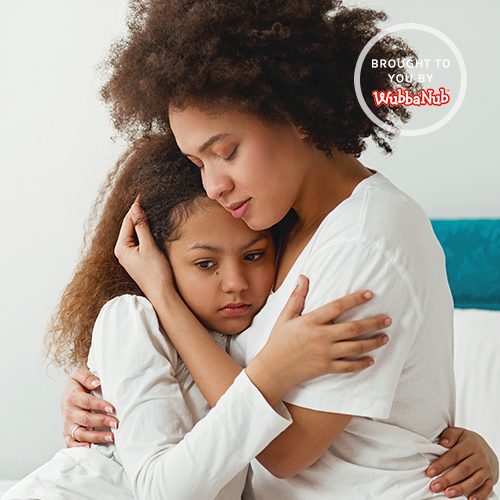No parent wants to hear that their child is having trouble with a bully at school. It’s a helpless feeling in a lot of ways, but there are positive actions you can share with your child so they learn how to stand up for themselves. It may be tempting to tell your child to fight back. After all, you’re angry that your child is suffering, and worried that the bully will continue targeting your child. But it’s important to advise kids not to respond to bullying by fighting or bullying back. It can quickly escalate into violence and someone getting injured. Instead, it’s best to walk away from the situation, hang out with others, and tell an adult.
Here are some other strategies to discuss with your child:
1.) Avoid the bully/use the buddy system.
If the bully is nearby, use a different bathroom and don’t go to your locker when there is nobody around. Make sure you have someone with you so that you’re not alone with the bully. Buddy up with a friend on the bus, in the hallways, or at recess — wherever the bully is. Offer to do the same for a friend.
2.) Hold the anger.
Bullies thrive on anger, as it makes them feel more powerful. It’s natural to get upset by the bully, but practice not reacting by crying or looking red or upset. It takes a lot of practice, but it’s a useful skill for keeping off of a bully’s radar. Sometimes kids find it useful to practice “cool down” strategies such as counting to 10, writing down their angry words, taking deep breaths, or walking away. Sometimes the best thing to do is to teach kids to wear a “poker face” until they are clear of any danger (smiling or laughing may just provoke the bully).
3.) Act brave, walk away, and ignore the bully.
Firmly tell the bully to stop, then walk away. Practice ways to ignore the hurtful remarks, like acting uninterested or texting someone on your cell phone. By ignoring the bully, you’re showing that you don’t care. Eventually, the bully will get bored with trying to bother you.
4.) Tell an adult.
Teachers, principals, parents, and lunchroom personnel at school can all help stop bullying.
5.) Talk about it.
Talk to someone you trust, such as a guidance counselor, teacher, family member or friend. They may offer some helpful suggestions, and even if they can’t fix the situation, it may help you feel a little less alone.
Dealing with bullying can deteriorate a child’s confidence. Help restore it by encouraging your kids to spend time with friends who have a positive influence. Participation in clubs, sports, or other enjoyable activities builds strength and friendships.
A listening ear is so important in difficult situations, but encourage your kids to also tell you about the good parts of their day, and listen equally attentively. Make sure they know you believe in them and that you’ll do what you can to address any bullying that occurs.
